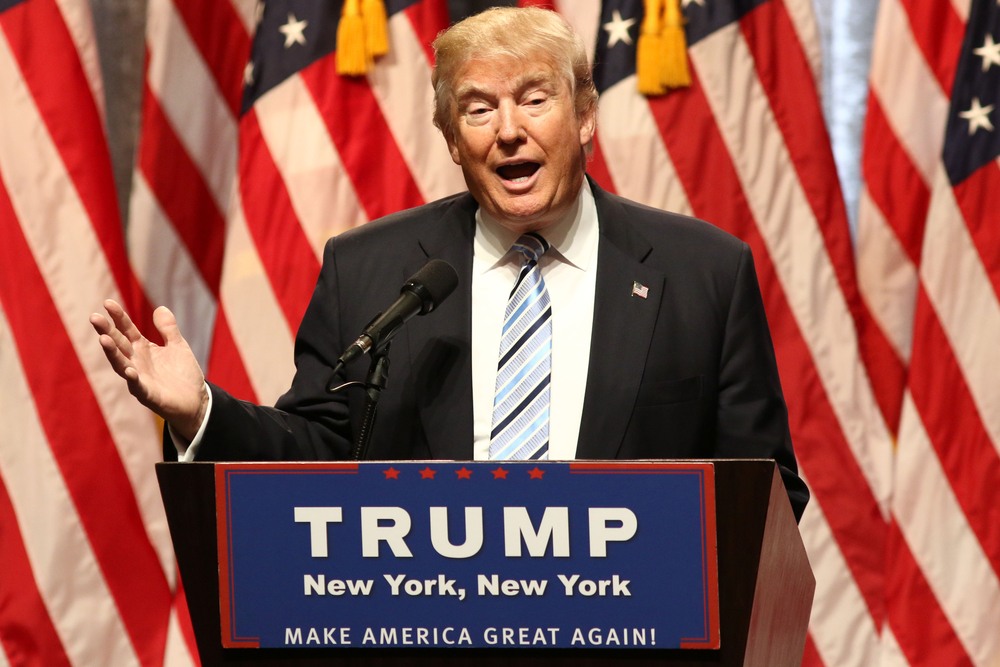Key Takeaways:
- President Trump is pressing the Federal Reserve to cut interest rates to mitigate potential economic issues from his trade policies.
- If the Fed doesn’t comply, Trump suggests they will be held responsible for any economic downturn.
- This approach may undermine the Fed’s independence, a cornerstone of its effectiveness.
- Trump’s strategy reflects his belief that lower rates could bolster the economy amid trade tensions.
- Critics worry this could weaken the Fed’s credibility and politicize its decision-making process.
- The situation highlights a rare public clash between a president and the central bank.
In a rare and bold move, President Donald Trump is putting pressure on the Federal Reserve to lower interest rates. If the central bank doesn’t act soon, Trump suggests it will be held accountable for any economic weakness linked to his trade policies.
This escalating tension between the president and the Fed could have significant implications. It not only reflects Trump’s push for economic stability but also raises concerns about the independence of the Federal Reserve.
What’s Happening Now?
President Trump took to social media to reiterate his demand for lower interest rates. He believes reducing rates would help counteract the economic impact of his trade war, particularly with China.
The Fed, however, has maintained a cautious stance. While it has cut rates in recent months, officials argue that further reductions should be carefully considered. They point to the strength of the U.S. economy and the need to avoid overstimulating it.
The Potential Consequences
Trump’s approach is unconventional. By publicly blaming the Fed for potential economic challenges, he risks undermining its credibility. The Federal Reserve has historically operated independently to ensure its decisions are based on economic data rather than political pressures.
If the Fed is perceived as vulnerable to political influence, its effectiveness could be compromised. Investors and consumers may lose confidence in its ability to manage the economy objectively.
A Historical Perspective
While presidents have historically influenced monetary policy, Trump’s tactics are unusually direct. Previous leaders have typically maintained a respectful distance from the Fed to preserve its independence.
This shift could set a precedent for future presidents to apply similar pressure, potentially altering the role of the Federal Reserve in unforeseen ways.
Why People Are Worried
The Federal Reserve plays a critical role in maintaining economic stability. Its independence allows it to make decisions based on long-term economic health rather than short-term political gains.
If the Fed is seen as a political tool, its ability to manage inflation, unemployment, and financial crises could be weakened. This could lead to unpredictable market reactions and long-term economic instability.
What’s Next?
The Federal Reserve is expected to announce its next move on interest rates soon. If it decides to cut rates, it could ease the pressure from the White House. However, if it chooses to hold steady, the tension between Trump and the Fed may intensify.
As the trade war with China continues, all eyes will be on how the Federal Reserve responds to these unprecedented challenges.
The Bigger Picture
This showdown highlights the delicate balance between politics and economics. The Federal Reserve’s independence is a cornerstone of the U.S. financial system. If that independence is compromised, the consequences could extend far beyond the current trade war.
As the situation unfolds, one thing is clear: the relationship between the White House and the Federal Reserve will be closely watched in the coming months.

